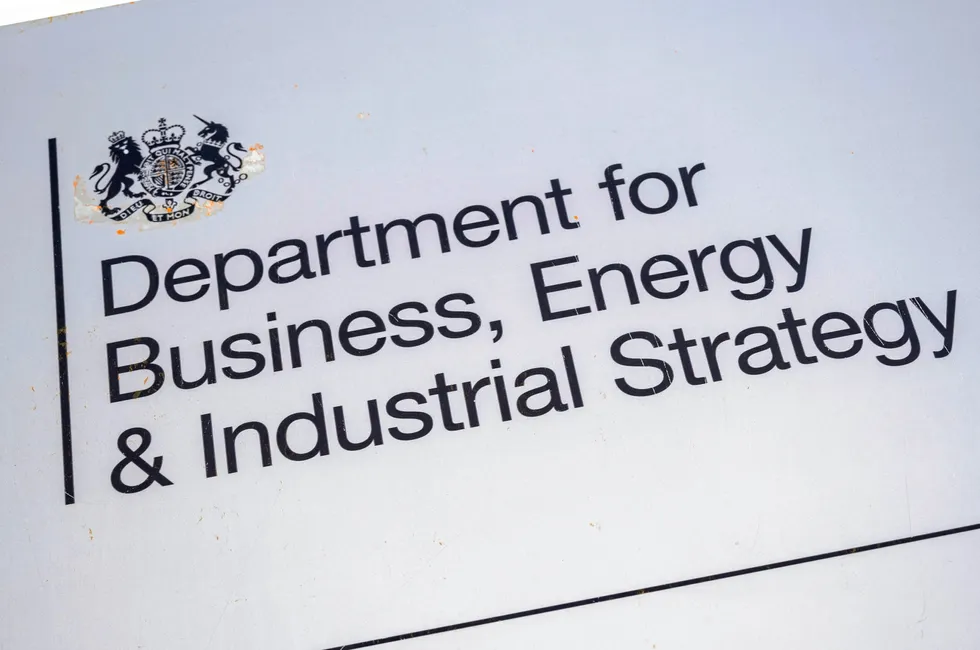'Worry and distress' | Elected officials demand delay to Hydrogen Village heating trial to win 'hearts and minds'
Local Member of Parliament and leader of regional council say they are also ‘deeply concerned’ about new plans to expand trial by a factor of five
